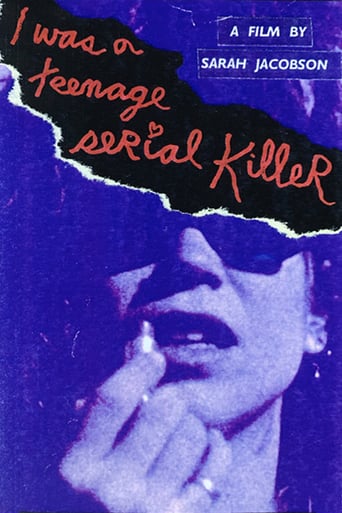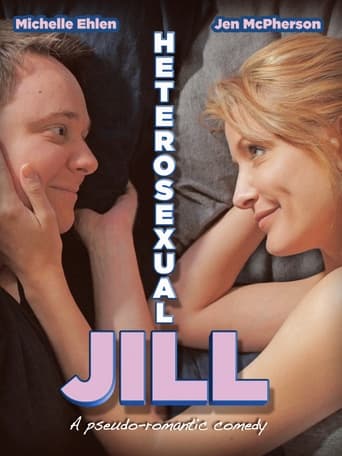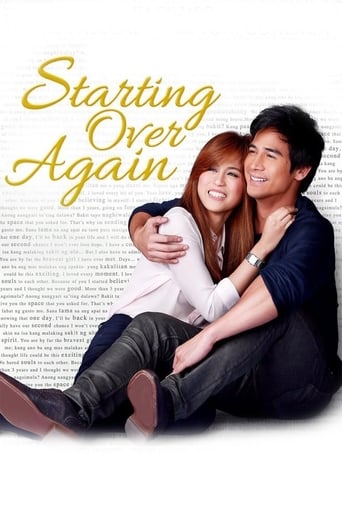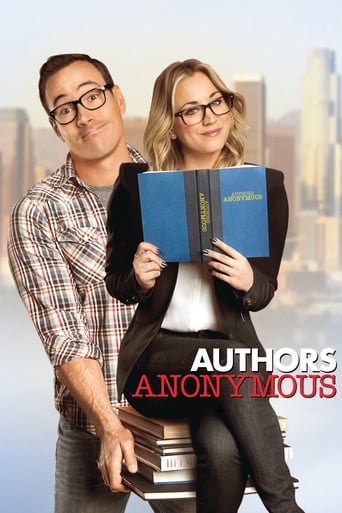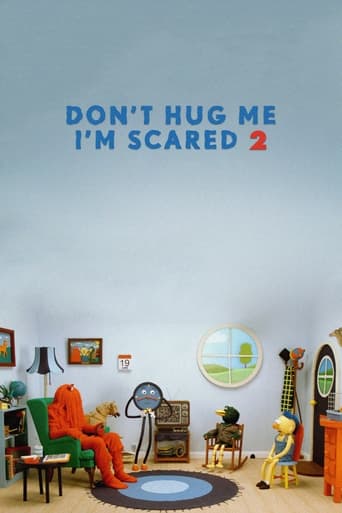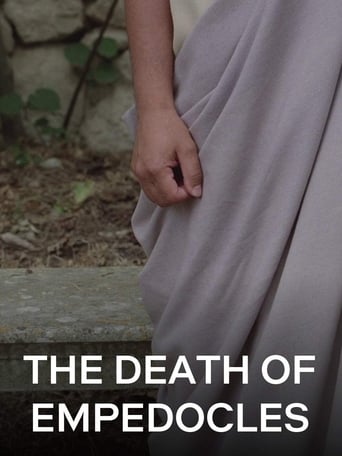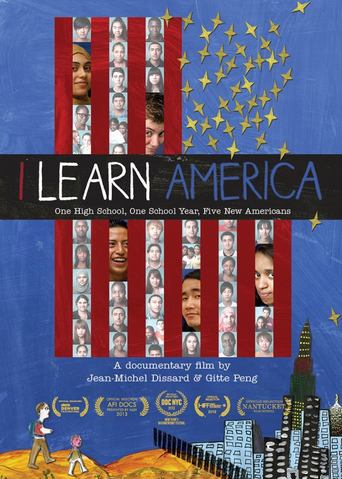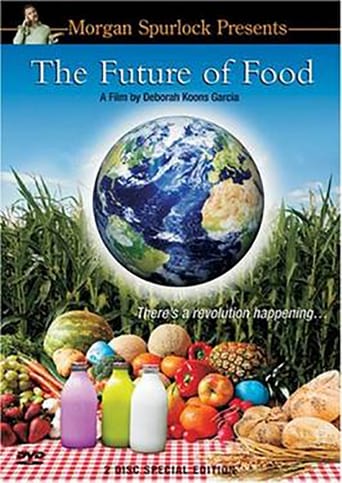
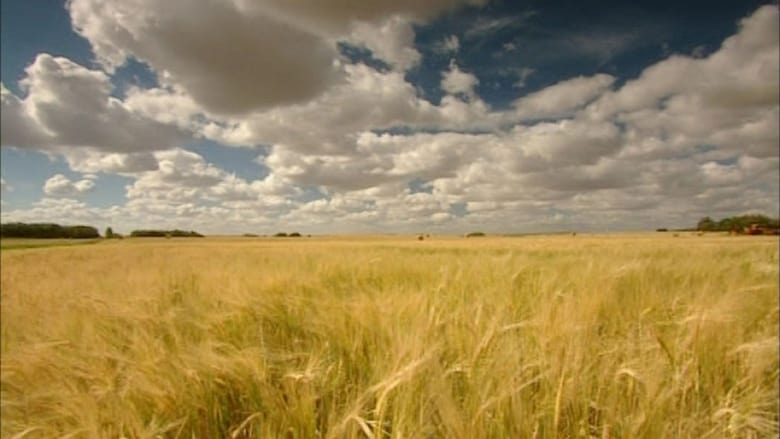
The Future of Food (2004)
Before compiling your next grocery list, you might want to watch filmmaker Deborah Koons Garcia's eye-opening documentary, which sheds light on a shadowy relationship between agriculture, big business and government. By examining the effects of biotechnology on the nation's smallest farmers, the film reveals the unappetizing truth about genetically modified foods: You could unknowingly be serving them for dinner.
Watch Trailer
Cast


Similar titles
Reviews
Wonderful Movie
Am i the only one who thinks........Average?
I like movies that are aware of what they are selling... without [any] greater aspirations than to make people laugh and that's it.
The film creates a perfect balance between action and depth of basic needs, in the midst of an infertile atmosphere.
This documentary is an essential crash-course on GMOs. It's an honest, accurate exploration of how GMOs are threatening the world's healthy food supply. You also learn everything you need to know about Monsanto's plot to control all our food and witness the death-squeeze the company is putting on American farmers--especially farmers who are remarkably courageous to stand up to this cold-blooded corporation. What Monsanto is doing to farmers is just criminal. Boycott Monsanto products.Deborah Koons Garcia, the widow of Grateful Dead's Jerry Garcia, directed this film. You can even view it for free at http://www.hulu.com/watch/67878/the-future-of-food .
I really wanted to like this film. It deals with a topic of great importance and generally propagates ideas that I agree with - like the dangers of corporate behavior, the threat to biodiversity that GM products pose and the absurdity of patenting life.So what's the problem? Let me sum it up:most of the movie is comprised from old footage cuts accompanied by a rather dull commentary. Not very captivating.the commentary is badly written. It's repetitive and often fails to make a point. For instance, it cites three methods for genetic modification of a cell. Dramatic music, the 'expert' says that the procedure is very invasive to the cell and that it mimics the behavior of a virus and... nothing more. I wanted to know what problems can arise from the treatment but there was no explanation. Is it really surprising that overwriting the DNA is 'invasive' to a cell? Yet, this treacherous 'invasivness' is mentioned several times through the film (with no additional information).important information is left out. For example, the movie mentions the Supreme Court's decision on the Monsanto vs. Schmeisser trial but fails to mention the Court's reasoning that sheds a different light on the severity of the ruling. On top of it the court denied any compensation to Monsanto. This clearly didn't fit the film's agenda.the choice of the talking heads is poor. When compared to the respectable lineup that producers of other documentaries were able to accumulate (e.g. The Corporation, The Power of Nightmares) I can only assume the creators of The Future of Food just didn't make their homework. Where are (ex)employees of the bioengineering companies, politicians that took part in creating the regulations for GM and where are the representatives of the regulatory government bodies?
Not since "Fahrenheit 9/11" and "Celsius 41.11" have I seen a documentary so biased. A big fan of documentary, I recognize that it is nearly impossible to create a film that doesn't lean towards one side of the subject. However, it is possible to let both sides have their say and allow the viewer to make up their own mind. "The Future of Food" plays more like propaganda against corporations and government than it serves as an informative piece on genetically modified (GM) food.The good questions "Food" does raise are in conjunction with current patent and anti-trust laws. Sadly, the film attempts to construe these points as arguments against GM good and fails to see the true potential of the information.When "Food" does bother to offer scientific support, it misrepresents and ignores. The film peddles fear by "revealing" that bacteria and viruses are used during the genetic modification process. Though technically true, "Food" fails to provide the important detail that only an enzyme from bacteria is used, not bacterial organisms or even bacterial DNA. There is also much ignorance by the filmmakers in their failure to acknowledge the extreme similarity in processes of genetic modification to natural evolution.I am not a universal supporter of GM food, especially as it is applied in cases the film does choose to show us. However, there are many advantages to it and at least as many cases supporting its value - all which "The Future of Food" keeps off-camera.Near the end of "The Future of Food", a farmer says that the only way to change the food industry is for the consumer to be educated and decide. It's my understanding that to be educated, you have to have ALL the facts.
THE FUTURE OF FOOD (TFOF) skillfully takes on the task of describing the constellation of large, hard issues relating to modern food production. What a task! In its analysis TFOF correctly and importantly ties together the relationships among the 3 factors of production - land, labor, and capital - in getting at an accurate description of the modern enclosure movement at work in our fast food world.TFOF's coverage extends to the many spatial and historical dimensions of farming, to the legal, intellectual property of "pharming," to some of the technical aspects of the genetic modification, and shows where we are headed.... But that's up to you! TFOF compares to THE CORPORATION in its potential impact. It could be even bigger. My local store was selling it at the checkout counter yesterday - 12/6/2005!



